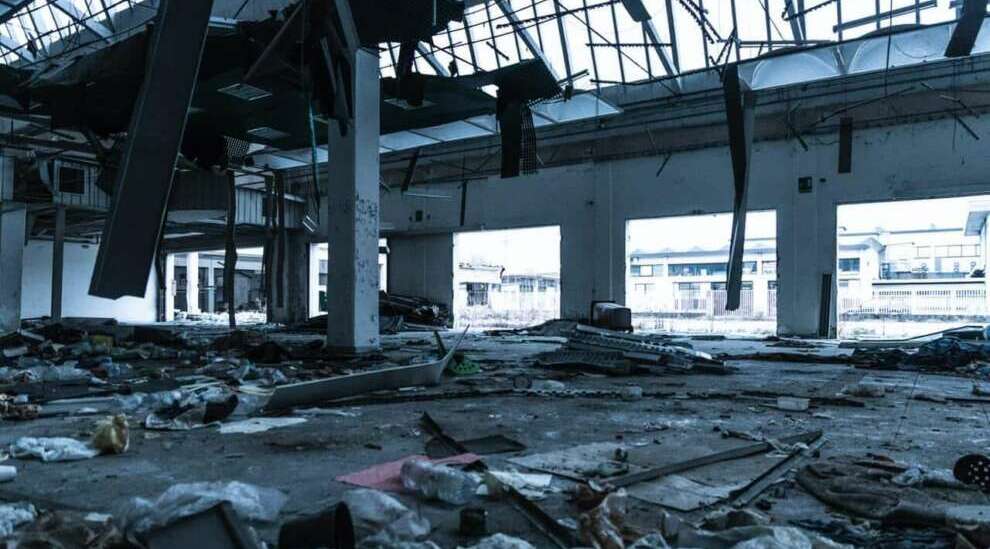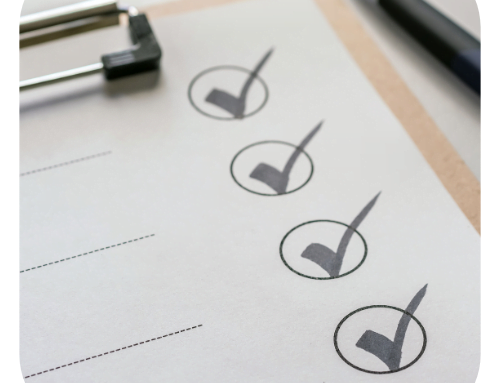Do I Need a Public Insurance Adjuster?
The first thing most people do after an accident is to call their insurance company to report the accident and give them the information that they need to file a claim. The adjuster assigned to your case by the insurance company works for them, while the public insurance adjuster will be looking out for your best interests.
The monetary extent of the loss depends on the claim adjusters report, so it is good to have someone with knowledge in the area to back you up. A lot of people simply don’t know that public insurance adjusters exist!
You May Ask: Do I Need a Public Adjuster?
It is very stressful to handle the aftermath of damage to your home, or theft of your property. Whenever an insurance claim needs to be filed, the adjuster will be the one to determine what needs to be paid based on the policy and the information provided to them. Filing an insurance claim can be time-consuming, but it is easier than taking on the burden of replacing or repairing the damages yourself out of pocket.
During the claims process, the insurance adjuster is the person that you will interact with the most.
There are three different types of insurance adjusters that handle claims:
- Company Adjuster: This is an adjuster employed by an insurance company, and is the type of adjuster that most people will be speaking with during their insurance claims process.
- Independent Adjuster: This is an adjuster that the insurance company pays as an independent contractor. If the company has a lot of claims to look into at the same time, they don’t have enough adjusters on staff to handle it. They hire licensed independent adjusters from other areas to come and assist with the claims for their policyholders.
- Public Adjuster: Public adjusters are independent and licensed (as required) adjusters that are hired by the policyholder. They work on their behalf for the duration of the claims process.
Most people overlook hiring a public insurance adjuster because their insurance company has an adjuster, and they don’t know the services that are available outside of their insurance company’s plan. It is best to hire a public adjuster at the beginning of the claim, so they can go into it with full knowledge of the incident and what has been done. The insurance company will send someone out, but it assists the process if the public adjuster speaks to them instead of the policyholder.
Public insurance adjusters charge fees – a percentage of the settlement amount. Other adjusters are paid by the insurance company because they are working on their behalf.
Policyholders hire public insurance adjusters for a number of different reasons. In most cases, if a policyholder experiences a big total loss, the public insurance adjuster is usually able to assist in getting them a larger amount to repair or rebuild the damages.
Policyholders sometimes feel as if the insurance adjuster from the insurance company doesn’t have their best interests in mind when reviewing the claim. Public insurance adjusters can take a second look at the claim and see what can be done in order to get a favorable sum in the settlement process.
Policies can be hard to understand, and public insurance adjusters make sure that you understand the fine print and your rights as your chosen policy states. They will look into the costs of repairing or replacing the articles included in your claim and calculate expenses for you. They will also be able to ensure communication continues until the claim is sufficiently settled.
In today’s busy world, some people hire public insurance adjusters to handle their claim because they simply don’t have time to do it themselves. The public insurance adjuster will be able to complete the claim and negotiate a settlement for the policyholder, while the policyholder experiences no hardship due to the process of filing their claim.
If you are concerned about filing your claim, or how it is being handled by the insurance company, contact a public insurance adjuster to make sure it is done properly and you are getting the most out of the situation.





